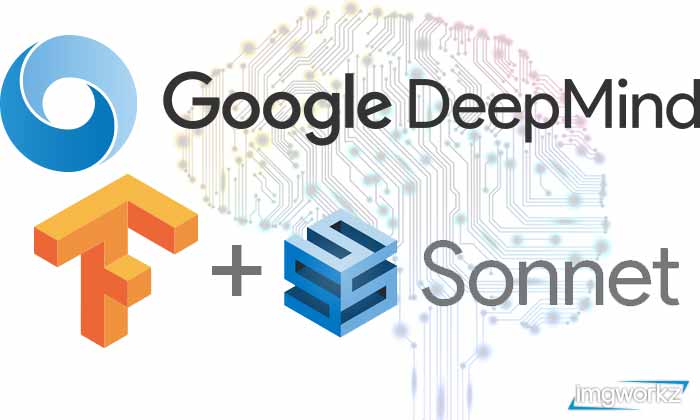Google’s DeepMind is now open sourcing Sonnet, its higher-level oriented neural network library that allows developers to construct neural network components more easily in TensorFlow.
This is another stepforward to the democratisation of Artificial Intelligence technology. While opening its TensorFlow AI engine and Sonnet to other engineers, meaning feeding research outside the company, Google benefits when they feed back into the search engine’s company.

TensorFlow, also called TF, is one of the most popular machine learning library today, and it was initially developed as proprietary software by Google Brain engineers. After DeepMind was acquired by Google in 2014, the entire research team began adopting TensorFlow since the end of 2015 and beginning of 2016.
On its blog post, DeepMind comments about the good experience and the satisfaction they have in having chosen TensorFlow for their leaning models, saying that they “learn signicatilly faster”, and that its built-in features for distributed training have hugely simplified their code.
According to DeepMind, its higher-lever framework Sonnet allow developers to build neural network modules much quicker when using TensorFlow.
Now, some experienced developers are seeing some similarities between TensorFlow and Torch (another machine learning library), when using Sonnet and TensorFlow together. Also, sometimes considering this machine learning framework, ‘not as good yet’ as PyTorch.
Sonnet is already available on GitHub and it is expected to have constant updates by the DeepMind team.